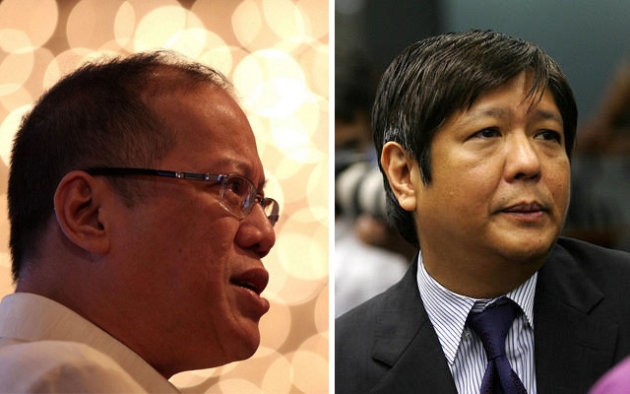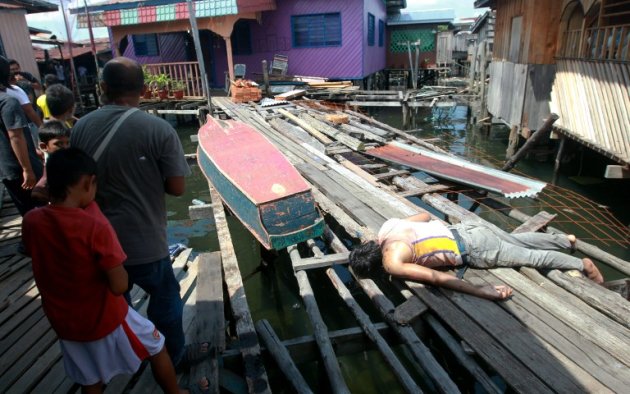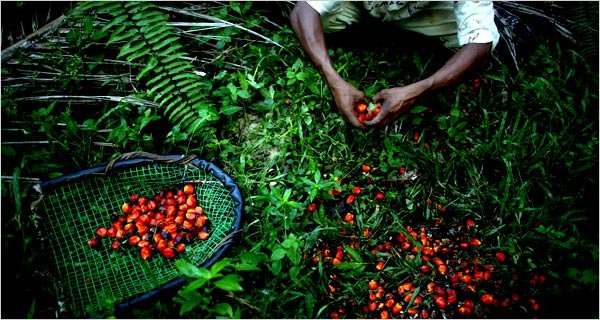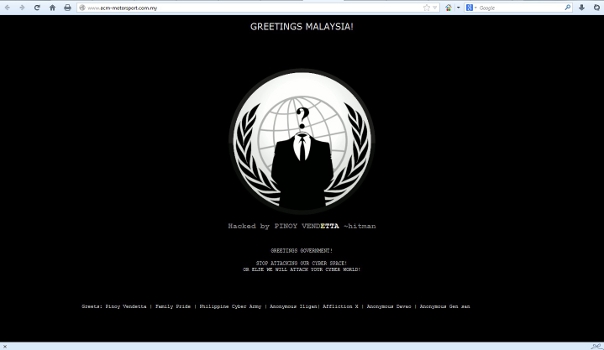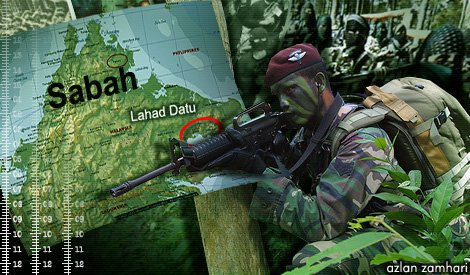One of North Korea's top generals, in a rare appearance on state television on Tuesday, said Pyongyang had torn up its armistice deal with Washington and threatened military action against the U.S. and South Korea if the drills continued. The military exercises began on March 1 and run until April 30.
North Korea is gearing up to expand its own military drills and may be preparing to test-fire short-to-medium-range missiles by banning flights and sailing off its coast, South Korea's Yonhap news agency said, quoting South Korean government sources.
"The North's military ... is preparing large-scale combined military exercises so it may have blocked off the areas for nautical firing or fighter jet firing exercises," Yonhap quoted a South Korean government source as saying.
"But the firing of missiles cannot be ruled out."
The South's Defense Ministry and office of the Joint Chiefs of Staff could not confirm that report, but South Korean officials have said the North is conducting military exercises that appear to be larger in scale than in previous years.
Tensions have ratcheted higher across the Korean peninsula since the North, under youthful leader Kim Jong-un who took office just over a year ago after the death of his father, launched a long-range rocket in December.
He followed this with a third nuclear test on February 12, triggering the prospect of more U.N. sanctions that are due to be formally announced on Thursday after the United States and China, the North's one major diplomatic ally, struck a deal to punish Pyongyang.
At the same time, North Korea has stepped up its military threats against South Korea and the United States, prompting the terse warning from Seoul on Wednesday that it would not stand idly by if its territory was attacked.
"We have all preparations in place for strong and decisive punishment, not only against the source of the aggression and its support forces but also the commanding element," Major General Kim Yong-hyun of the South Korean army told a news conference in one of the clearest threats Seoul has made.
North Korea's bellicose rhetoric rarely goes beyond just that, although in 2010 it was widely accused of sinking a South Korean naval vessel, killing 46 sailors, and in the same year shelled a South Korean island, killing two civilians.
Stung by criticism it took too long to respond to the island shelling, South Korea's military has relaxed its rules, allowing commanders on the ground to respond to aggression instead of needing permission from top military brass.
South Korea's new President Park Geun-hye had pledged to engage the North if it dropped its nuclear plans but now faces the prospect of a hostile challenge early in her five-year term.
Japan's Kyodo news agency said some people in the North's capital, Pyongyang, were covering up buses and other larger vehicles with camouflage nets in what it said was a possible preparation for war.
NO MORE YACHTS AND RACING CARS
The proposed fresh sanctions would explicitly ban the sale to Pyongyang of items coveted by North Korea's ruling elite, such as yachts and racing cars, a U.N. Security Council diplomat said on condition of anonymity.
In 2009, Italian authorities blocked the sale of two yachts worth more than $10 million that they believed were headed for Kim Jong-il, the current Kim's father, who enjoyed copious amounts of luxury brandy and fresh sushi in a country where a third of the population is malnourished.
The new sanctions will target North Korea's financial transactions, which often involve using cash couriers that make them hard to trace, and its criminal activities such as drugs and counterfeiting.
The U.S. ambassador to the United Nations, Susan Rice, said the new sanctions would target "the illicit activities of North Korean diplomatic personnel, North Korean banking relationships, (and) illicit transfers of bulk cash".
North Korea was slapped with sanctions in 2006 that banned the import of a range of luxury goods from jet skis to Harleys following its first nuclear test in a bid to hit the high-life of the Kim family and its hangers on.
The impoverished country, whose economy is smaller than it was 20 years ago, has been subject to sanctions of some kind from the United States for almost all of its existence and since 2006 has seen United Nations sanctions imposed for its long range rocket and nuclear tests.
Despite the sanctions, Pyongyang now has a nuclear stockpile sufficient for around half a dozen warheads, has made substantial progress in developing a long-range missile and is working towards miniaturizing a nuclear warhead for an intercontinental ballistic missile.
CHINA BACKS SANCTIONS, DRILLS A FLASHPOINT
China has backed all rounds of sanctions and fell into line with the latest move in the Security Council, risking relations with its prickly ally.
Its U.N. ambassador, Li Baodong, told Reuters the 15-nation Security Council was aiming for a Thursday vote on a draft sanctions resolution, which was agreed to by Washington and Beijing after three weeks of negotiations.
A spokeswoman for China's Foreign Ministry said on Wednesday that the situation on the Korean peninsula was "complicated and sensitive" and repeated its frequent call for all sides to "maintain calm and restraint".
It remains unclear however what concrete action North Korea will take and how much attention it will pay to Beijing's entreaties.
Pyongyang abrogated the armistice that ended the 1950-53 Korean War once before and is seen as unlikely to stage any significant military attack on South Korea.
"The regime's threats are consistent with previous North Korean behavior and are meant to intimidate the United Nations Security Council as it deliberates on additional sanctions against Pyongyang for its February nuclear test," said Bruce Klingner of The Heritage Foundation.
North Korea has frequently bridled at large-scale military drills staged on South Korean soil, especially those involving the U.S. military, which acts as Seoul's guarantor of security.
About 200,000 Korean troops and 10,000 U.S. forces are expected to be mobilized for their "Foal Eagle" exercise, under the Combined Forces Command, which goes until the end of April. Separate computer-simulated drills called "Key Resolve" start on March 11.-Reuters (March 06, 2013)





